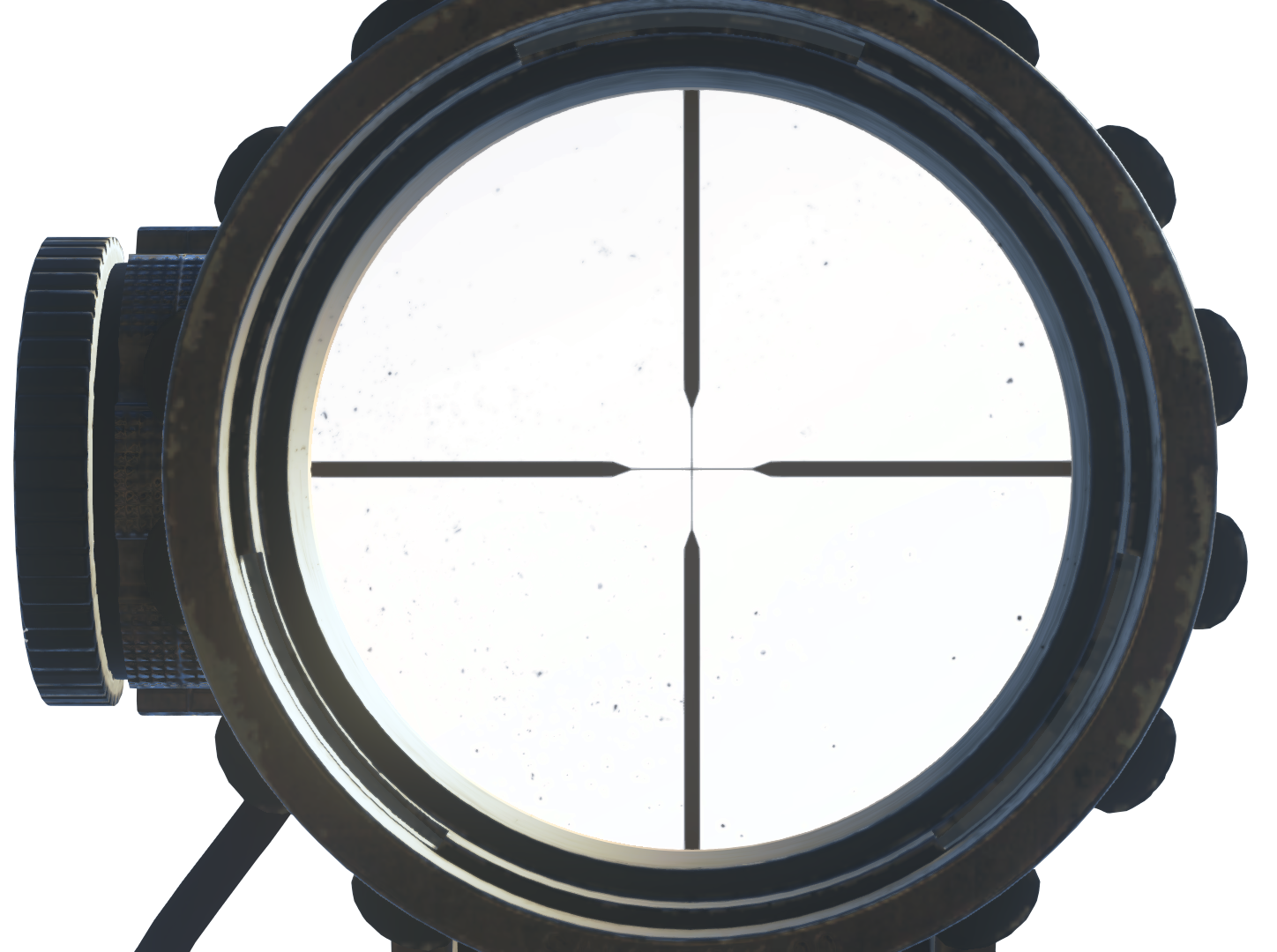The pursuit of a Master of Science (MS) in Photonics from IIT Madras is an intellectually stimulating journey that offers students profound knowledge and skills relevant to the realm of light-based technologies. As one embarks on this academic adventure, a pertinent question arises: What exists beyond the confines of this esteemed program? The dynamic progression of the field hints at diverse pathways, yet it also poses a challenge: How does one navigate the vast landscape of opportunities in photonics after graduation?
Photonics, the science and technology of generation, manipulation, and detection of photons, particularly in the visible and near-infrared spectrum, is pivotal in numerous industries. The curriculum at IIT Madras equips students with cutting-edge knowledge in areas such as laser technology, optical communication, and biomedical applications. This academic foundation provides not just theoretical insights but also robust experimental competencies, carving a distinctive niche in various professional domains.
After completing an MS in Photonics, graduates often contemplate diverse career paths. One hallmark of a degree from IIT Madras is its universal recognition, which opens doors across both academia and industry. The scope of opportunities can be broadly categorized into research and development, manufacturing, academia, and entrepreneurial ventures.
Research and Development (R&D)
The realm of R&D is particularly alluring for MS graduates specializing in photonics. Many are drawn to organizations focused on advancing photonic technologies. Research institutions and laboratories, such as those under the aegis of governmental bodies or private enterprise, seek expertise in areas ranging from nanophotonics to quantum optics. A graduate might find themselves engaged in groundbreaking research aimed at creating more efficient communication systems, enhancing optical sensors, or developing novel imaging techniques within biomedical fields.
However, this path is not without its challenges. The competitive nature of research grants, coupled with the necessity for continuous learning and adaptation to emerging technologies, creates a demanding environment. Graduates must remain current with rapid advancements in the field, ensuring their skill sets and knowledge base are continuously evolving.
Manufacturing and Industrial Applications
Graduates of the photonics program can also gravitate towards manufacturing sectors, particularly those developing photonic devices and systems. Industries involving semiconductor lasers, optical fibers, and displays are in perpetual need of professionals who can innovate and optimize production processes. Companies seeking to harness the power of light for applications such as telecommunications, consumer electronics, and renewable energy technologies actively recruit experts trained in photonics.
The transition into this sector may present its own hurdles. The fast-paced demands of industrial environments necessitate not only technical skills but also adeptness in project management and production logistics. Effective communication skills become crucial, as collaboration with teams across various disciplines is often required to streamline processes and enhance product performance.
Academia: Teaching and Research
For those with a penchant for academia, an MS in Photonics serves as a robust stepping stone towards a doctoral degree (PhD). Engaging in academic research provides the invaluable opportunity to contribute to the scholarly body of knowledge while also influencing future generations of photonics professionals. Teaching roles within institutions allow graduates to share their passion for the field, fostering curiosity and inspiring innovation among students.
Nevertheless, academia comes with its unique challenges, particularly regarding securing funding for research and publishing scholarly work. The pressure to contribute impactful research can be daunting, and navigating the tenure-track process requires strategic acumen and a commitment to academic excellence.
Entrepreneurship: Starting a Venture
In an epoch characterized by rapid technological advancements, entrepreneurship presents itself as an enticing avenue for photonics graduates. The transition from traditional employment to initiating one’s own venture can be both exhilarating and intimidating. The breadth of applications for photonic technologies opens a myriad of possibilities ranging from developing advanced medical devices to creating innovative solutions for environmental monitoring.
Yet, the strides into entrepreneurship demand a willingness to embrace risk. The journey involves not only technical expertise but also the cultivation of business acumen, networking capabilities, and understanding market needs. Graduates must be prepared to face the uncertainties inherent in starting a new enterprise while remaining steadfast in their innovative visions.
Global Opportunities and Collaborative Platforms
The international nature of photonics as a discipline cannot be overlooked. Graduates from IIT Madras are often sought after by global companies and institutions due to the program’s reputable standing. Opportunities for collaboration with international research teams and participation in global conferences further enhance the scope for professional growth. This access to a broader arena can be a pivotal factor in personal and professional development.
Yet, as one engages with the global context, understanding cultural nuances and adapting to diverse professional environments becomes essential. Graduates may find themselves challenged to develop soft skills that facilitate international collaborations while navigating varying expectations and work ethics.
In conclusion, while the path following an MS in Photonics from IIT Madras is replete with opportunities, it demands resilience and adaptability. The interplay of diverse career trajectories, ongoing technological advancement, and the essential balancing of technical prowess with soft skills encapsulates the intricate landscape that awaits graduates. The challenge remains: how will one harness this extensive knowledge and forge their own unique path in a field burgeoning with potential? The answer lies within the ambition, creativity, and tenacity with which they approach their future endeavors in photonics.












